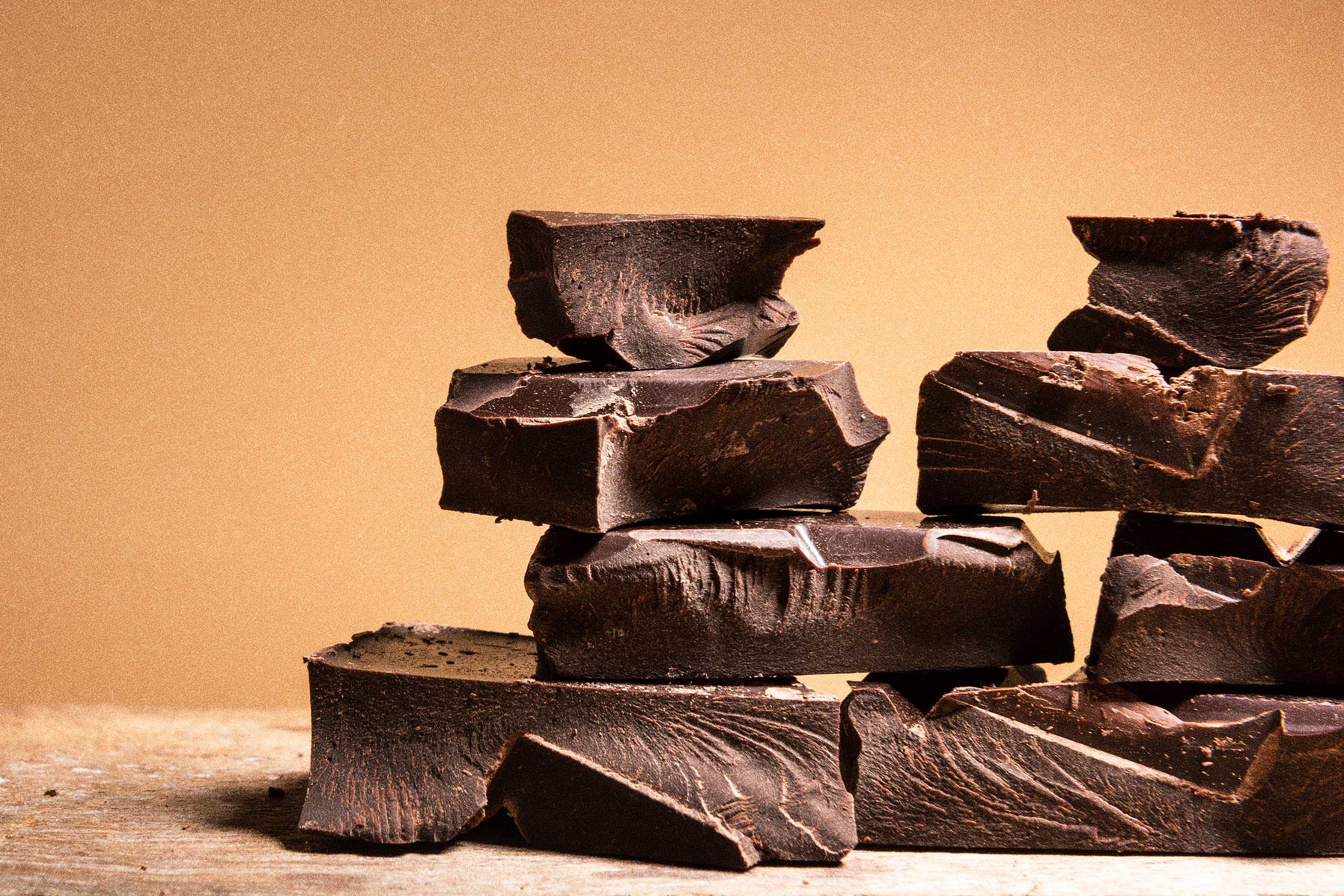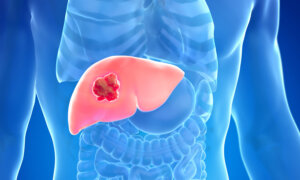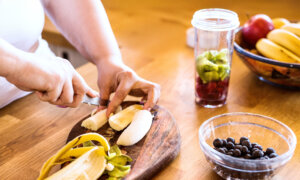In 18th-century Europe, doctors sometimes used chocolate as medicine, prescribing it to treat melancholy. Today, science backs up that remedy as compounds in dark chocolate feed gut bacteria that help produce mood-boosting neurotransmitters, making that indulgent bite even more satisfying.
This Valentine’s Day, chocolate could be seen as more than just a sweet and romantic treat—it might also be a gift of health, happiness, and an extra dose of love.
Improved Gut Health
The foods we eat, particularly those rich in prebiotics (which feed beneficial bacteria) and probiotics (which introduce beneficial, live bacteria), can have a considerable impact on the microbiome in our gut, Chantelle van der Merwe, registered dietitian, told The Epoch Times.
Dark chocolate contains polyphenols and plant compounds that act as prebiotics by nourishing beneficial bacteria like Bifidobacteria and Lactobacilli while reducing harmful bacteria such as Clostridia.
“This means dark chocolate could promote gut health by creating a microbiome environment that helps reduce inflammation,” van der Merwe said.
A healthy microbiome strengthens the gut barrier and regulates immune responses, reducing overall inflammation.
Gut and Mood
A 2022
study examined how dark chocolate affects mood by focusing on the gut-brain connection. Researchers tested two types of dark chocolate—85 percent and 70 percent cocoa—in a three-week trial. Participants in one group ate 30 grams of 85 percent chocolate, while the other group ate 70 percent or no chocolate.
Results showed that eating 85 percent chocolate every day significantly reduced negative mood, while 70 percent cocoa chocolate had no effect. Stool samples showed that gut microbial diversity was only improved in the 85 percent cocoa group. The researchers found that 85 percent dark chocolate has prebiotic effects that influence mood through the gut-brain axis.
The gut-brain axis has been researched as a potential way to treat mood disorders. For example, germ-free mice without gut bacteria show fewer signs of anxiety and depression. When these mice received gut bacteria from people with depression, they developed similar behaviors, showing that the gut microbiome influences mood.
As dark chocolate acts as a prebiotic, it helps to support the growth of beneficial bacteria in the gut. This could improve mood through the gut-brain connection.
According to the study authors, other animal studies have shown that cocoa polyphenols have antioxidant and anti-inflammatory effects, which can further help reduce symptoms of depression. Some human studies also suggest that cocoa can improve mood, especially when stress or anxiety is triggered.
The Right Amount and Type
“For maximum benefits, raw cocoa products or minimally processed dark chocolate are ideal,” van der Merwe said.
The higher the cocoa percentage, the more polyphenols it contains, resulting in stronger antioxidant effects as well, she added. These antioxidants help reduce oxidative stress, which can harm brain cells and contribute to mood disorders.
Caroline Susie, a registered dietitian nutritionist, told The Epoch Times that 30–40 grams of dark chocolate (more or less two squares) per day is a good guideline.
Add More Dark Chocolate to Your Day
Though you might not need much convincing, Susie shared some tips to help ensure you’re getting enough of the good stuff:
- Blend cocoa into smoothies by mixing it with bananas, nut butter, and almond milk for a creamy, chocolatey boost.
- Stir cocoa into oatmeal to add a rich chocolate flavor without the extra sugar.
- Make a healthy hot chocolate using your choice of milk, cocoa, and a pinch of cinnamon for a warming, antioxidant-packed drink.
- Top yogurt or chia pudding with cocoa—a delicious way to add antioxidants to your snack.
- Sprinkle cocoa on coffee or lattes to give your morning coffee a chocolatey twist.
- Mix cocoa into energy balls or protein bars—combine with nuts, dates, and seeds for a satisfying, nutrient-dense snack.
Avocado Dark Chocolate Mousse Recipe
Another option is to try van der Merwe’s rich and creamy avocado chocolate mousse recipe.
“I know the combination of chocolate and avocado sounds like some weird food experiment gone wrong. But trust me, one bite, and you’ll be questioning everything you thought you knew about desserts,” van der Merwe explained.
“Give it a try, and I promise, the only regret you’ll have is not making a double batch,” she added.
Packed with healthy fats, polyphenols, and antioxidants, this recipe is a perfect dessert for supporting gut health and boosting mood. In addition to cocoa’s polyphenols acting as prebiotics, avocado provides brain-boosting fats.
Ingredients (Serves 2–3)
- 1 large ripe avocado for healthy fats and vitamin E
- ¼ cup unsweetened cocoa powder—rich in polyphenols
- ¼ cup dark chocolate, 85 percent or higher, melted for extra flavonoids—a type of polyphenol
- ¼ cup unsweetened almond milk or any other milk of your choice—adjust for desired consistency
- 2–3 tbsp pure maple syrup or honey for natural sweetness
- ½ tsp vanilla extract to add depth of flavor
- ¼ tsp cinnamon to boost antioxidants
- Pinch of sea salt to enhance flavor
Toppings
Toppings are optional but highly recommended for extra antioxidants:
- Fresh berries such as blueberries, raspberries, or strawberries
- Crushed almonds, walnuts, or pistachios
- Cacao nibs for extra crunch and flavonoids
Instructions
- Combine and blend ingredients: In a food processor or blender, combine all ingredients until smooth and creamy. Scrape the sides as needed.
- Adjust consistency: Add more milk if needed for a silkier texture.
- Chill: Divide into serving bowls and refrigerate for at least 30 minutes to enhance the flavor.
- Garnish and Serve: Top with fresh berries, nuts, and cacao nibs for extra antioxidants.
“Enjoy a decadent, guilt-free dessert that nourishes your body while satisfying your sweet cravings,” van der Merwe said.














